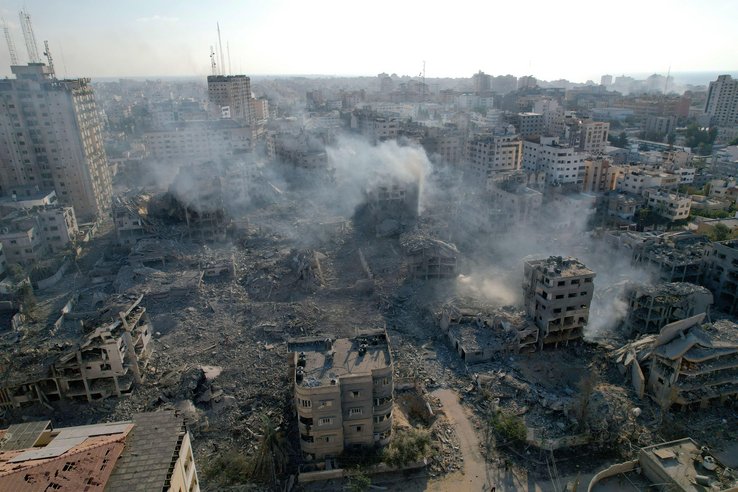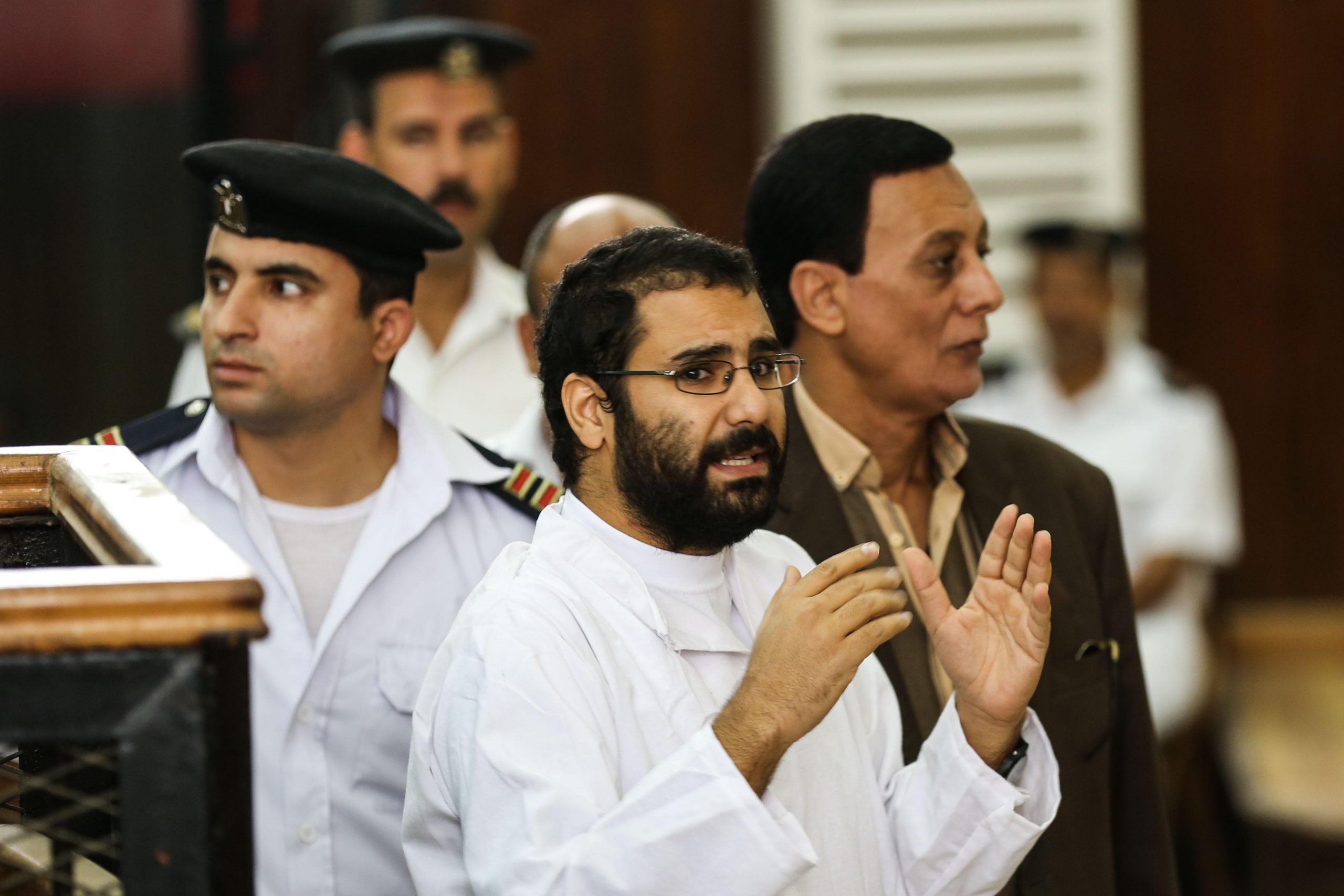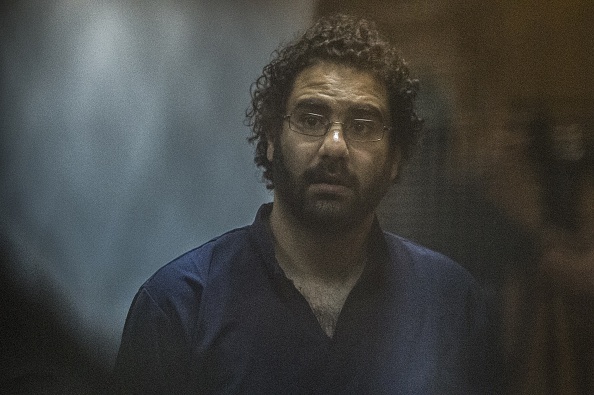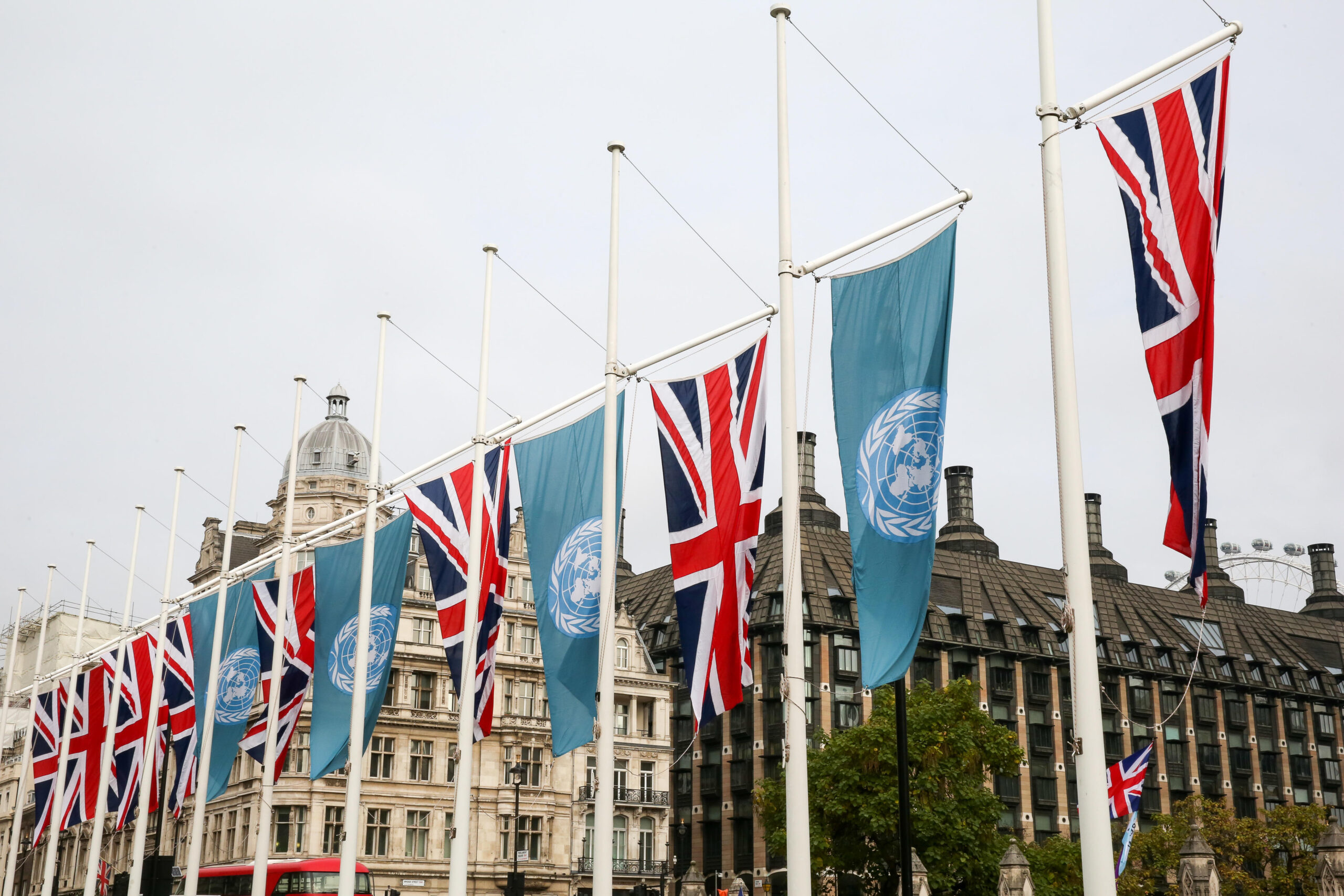
In an article published by the European Council on Foreign Relations, FairSquare director James Lynch argues that European policies on Gaza have caused possibly irreversible damage to their soft power in the Arab world.
Europe’s soft power in the Arab world may have suffered irreversible harm. Over the last five months, Europeans have been relentlessly accused of applying double standards in their responses to Israel’s offensive in Gaza.
European relations with governments in the Middle East have undeniably long been guided by realpolitik and transactionalism. Alongside this, relations with civil society in the region have also offered a channel for a more principled European approach and have been an important source of European soft power. Yet this now faces permanent rupture.
Accusations of double standards have come thick and fast, from Arab states, emerging powers, geopolitical rivals, UN officials, and even Western officials themselves. When Russia violated international law by invading Ukraine in 2022, Europeans imposed “massive and unprecedented” sanctions, business divestment, and sporting boycotts. In the course of a huge global lobbying effort, leaders framed support for Ukraine as defending global rules and norms.
In contrast, many European leaders have resisted calling for an immediate ceasefire in Gaza, and have generally refused to condemn Israeli violations of international law, instead offering extensive support, even in the face of genocidal language by Israeli ministers. And immediately after 7 October, Europeans moved to immediately suspend or review funding to Palestinian NGOs, despite having no credible evidence of diversion of funds or support for atrocities.
Europe’s unwillingness to uphold international law in Gaza is severely damaging its claims to be defending international law in Ukraine and elsewhere. This loss of credibility strikes at the heart of one of Europe’s key assets, which is its soft power. As a 2023 ECFR and Oxford University study found, Europe has “huge reserves” of soft power, deriving not only from its relative economic prosperity but also the societal values associated with it. But Gaza is tearing through these reserves, as Europeans are accused of potential complicity with genocide.
Double standards are hardly a new accusation: a senior British diplomat noted in 2021 that, “we constantly live with endless contradictions between positions we take [on human rights].” European officials seem to have calculated that they can bear this short-term reputational damage, believing that, once the violence in Gaza recedes, Europe’s standing relations with the Arab world will return to normal. But this is a miscalculation: perceptions of the West are tanking across the region. An Arab Barometer survey in Tunisia found favourability towards the United States plummeted during October 2023. This phenomenon is playing out across the Middle East.
Some of this damage may be irreversible. Unlike previous moments of ignominy, the major Western powers are seen to be largely united. While perceptions of the US and the United Kingdom were profoundly damaged by the “war on terror” and the 2003 invasion of Iraq, France and Germany always retained much more positive favourability ratings, having opposed the intervention. That is not the case now. A recent Doha Institute survey of 17 Arab countries found that just 8-10 per cent of respondents were positive about the British, French, and German responses to Gaza – only marginally more favourable than the US rating of 3 per cent.
Societal revulsion at the West’s reaction to Gaza has radically altered the context for Europe’s relations with civil society in the Arab world. The EU is the largest global donor to civil society organisations – from the European perspective, their partners’ work on human rights, the rule of law, and democracy provides critical support to European strategic goals. In the Arab world, the EU’s 2021 New Agenda for the Mediterranean strategy promises to support civil society’s “inclusive involvement in the reform process”. Europeans see civil society partners as key bridging interlocutors, offering them privileged access to communities and perspectives that would otherwise be beyond their reach.
For civil society in the wider Arab world, already under relentless pressure from their own governments, European double standards on Gaza are creating immense stresses. While repressive states have always accused human rights activists of following a Western agenda, this charge now holds new danger. For example, in Tunisia, the government has seized on public fury to curb the activities of critical NGOs, introducing a bill that would drastically limit their freedoms, and highlighting their associations with hypocritical Western countries. In November, the Tunisian foreign minister said that, “we no longer want false democracies piloted by foreigners or money. We want an internal balance and an authentically Tunisian democracy, without intervention from the outside or foreign NGOs.” The government itself has sent back European money, and a European NGO’s office in Tunis was vandalised.
For civil society in the wider Arab world, European double standards on Gaza are creating immense stresses
Some organisations have cut ties with Western funders. The highly respected Tunisian anti-corruption NGO iWatch announced in October that it would no longer accept US funds. In November, the head of the prominent Egyptian Initiative for Personal Rights, Hossam Baghat, said “we don’t know how or if we can interact with some of these Western governments or partners ever again.” He has ruled out working with Germany after the country cut funding to CEWLA, a feminist group working with survivors of trafficking, because it signed a statement which endorsed the boycott, divestment, and sanctions movement against Israel.
Many Arab NGOs previously stopped accepting US funds after the Iraq war, restarting only when Barack Obama came to power promising a new basis to US relations with the Arab world. Gaza could presage a deeper and longer estrangement. That said, turning away from European funds would be a seismic move for Arab civil society in the short term, given its significance.
While some organisations in the Middle East and North Africa may break ties entirely, others may be more likely to seek to diversify their funding to reduce dependence on the West. A dual Egyptian-European national in a senior role in an international civil society organisation noted that, “in the past, we have convinced ourselves that Western money is acceptable, and money from China and the Gulf is icky, because this is interests-based and Western money is values-based. Now we see that was not the case.” All such grants are subject to intrusive oversight by governments in the region, but Gaza creates opportunities for other global powers to build deeper relations with civil society in the Arab world.
Beyond funding, the West may begin to offer diminished advocacy value for civil society. NGOs in some countries will shy away from asking Western governments to advocate for political prisoners if they judge that, rather than offering them protection, this may in fact endanger them, by associating them with double standards in the public mind. Europeans can only expect to be treated as important interlocutors as long as they are adding value to civil society’s efforts.
Rebuilding Europe’s reputation among the public and civil society in the Arab world will require holding Israel to account for its violations of international law. European governments should give their firm support to mechanisms such as the International Court of Justice and the International Criminal Court. This seems a remote possibility at present, not least given the deep divisions between and within European governments.
In the meantime, European donors should urgently review conditionality measures and remove any that disproportionately restrict free expression and stigmatise Palestinian partners. More fundamentally, though, Europeans will need to reckon with how far and fast they have fallen – to the point where human rights groups may look elsewhere for funding. This will have a tangible impact on Europeans’ influence in the Middle East as the underpinnings of their soft power fray, and snap.


